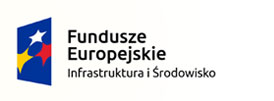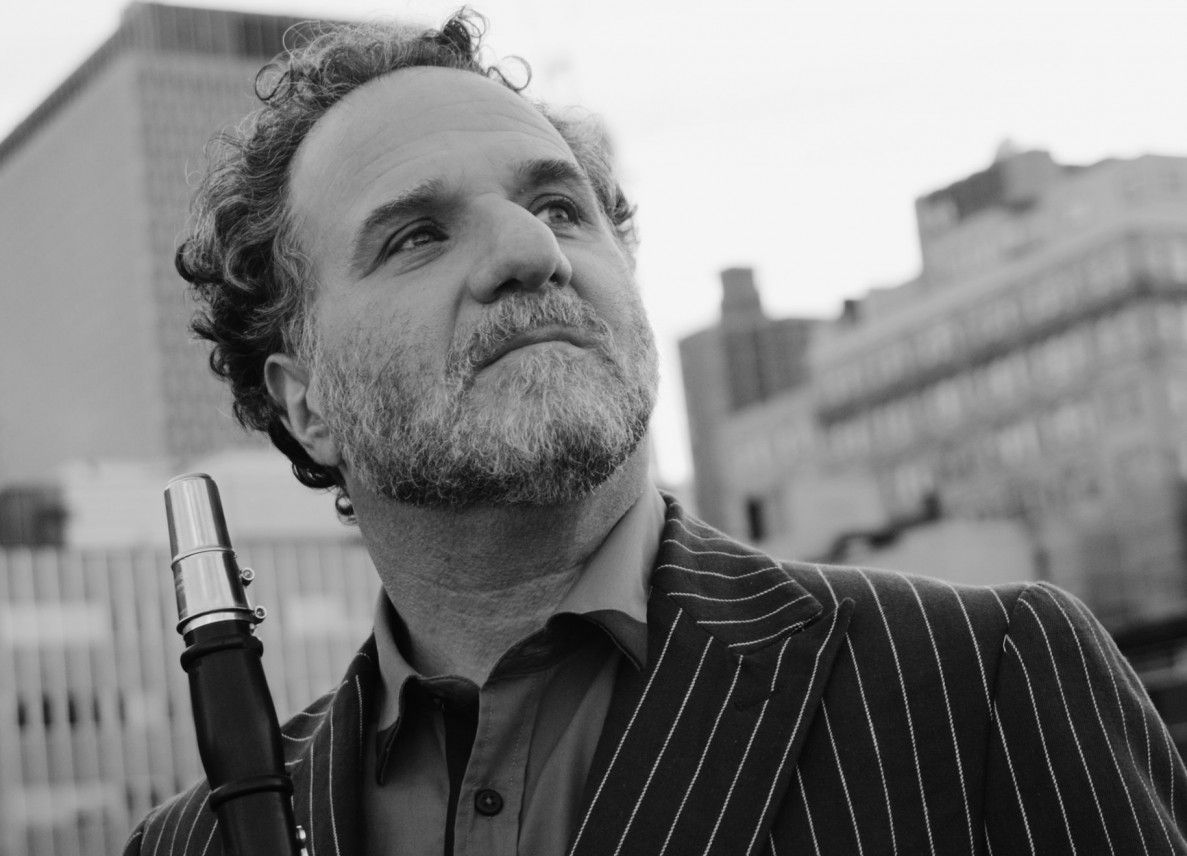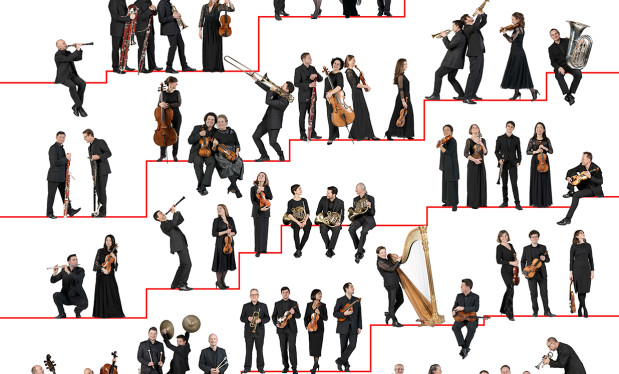NOSPR / Rossen Gergov / David Krakauer - NOSPR
NOSPR / Rossen Gergov / David Krakauer
The faith in ghosts is supposed to be an indication of the proper functioning of the human brain. The parietal lobe holds the primary sensory cortex, the secondary sensory cortex, and the associative cortex. If any of these areas stopped working, we would not be able to walk through an open door. The frontal lobe, in turn, is responsible for the memory of learnt motor actions and for the sober assessment of the situation. In fact, it can sometimes switch off, for instance, in sleep, during meditation, or as a result of intense concentration on one object, say, music. What happens then? We begin to see, hear, and feel things that are not there. Either we rationalise about them and ignore them as if nothing happened, or we start to believe in supernatural phenomena. Indeed, today we will witness more than a few: in the overture to Glinka’s opera, which foreshadows sorcerer Finn’s love for witch Naina; in Suk’s Fantastic Scherzo, which echoes Mendelssohn’s AMidsummer Night’s Dream and Dukas’ The Sorcerer’s Apprentice; and in Lament/Witches’ Sabbath, written for Krakauer, where Mathew Rosenblum refers to his grandmother’s memories and conjures up the spirits of the victims of the 1919 Proskurov pogrom in Ukraine. If ghosts do not exist, we have to make them up, if for no other reason than to escape the fear that death will destroy us.
Dorota Kozińska
Upcoming events



ECHO Rising Stars Festival / Guðmundsdóttir / Lahiry / A Powerful Voice of Women
Chamber Hall
Buy ticket


JazzKLUB / Rudi Mahall's Almost Danish Quartet / Standards with a Playful Twist
Chamber Hall
Buy ticket
NOSPR Chamber Musicians / Passionate Romanticism (rescheduled concert)
Chamber Hall







